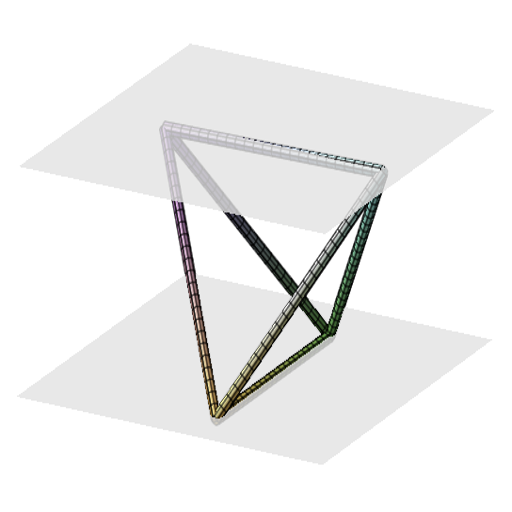Mastery is achieved when “telling time” becomes “telling time what to do.” ~“Telling Time” This week I’m trying something a little different. I heard about a contest where the goal was to explain time in terms an eleven-year-old could understand. While I didn’t make the contest deadline, I thought I’d share my attempt with you all. What Is Time? What is time? Scientists often think of time as a direction you can travel in. Just as we can move up, down, left, or right in space, we can move in time. Something is wrong with this comparison, though. When
time
Mathematics / Physics / Quantum Mechanics / etc.
Resolution, Fourier Analysis, and The Heisenberg Uncertainty Principle
All the effects of nature are only mathematical results of a small number of immutable laws. ~Pierre-Simon Laplace In my discussion last time (corrections here), I discussed how there is a physical limit to how good a recording can sound, whether vinyl or digital. There is a more fundamental limit, however, that I glossed over—a limit that depends not on atoms or compression techniques, but on pure mathematics. This limit was partially discovered by Jean Baptiste Joseph Fourier, and the method we will discuss bears his name. The Superposition Principle Before we discuss Fourier’s discovery, let’s take a brief
